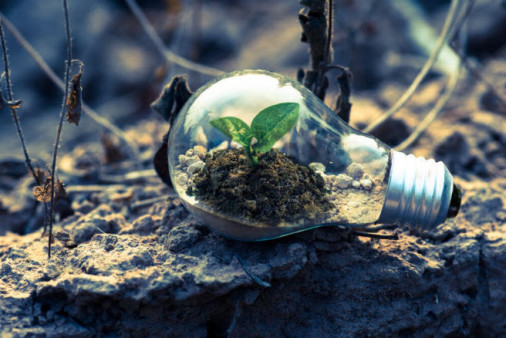The steel industry in Europe had already a massive mitigation in CO2 emissions and an increase energy efficiency from 1990. This success is mainly based on the research, development and innovation on the tasks of decarbonisation and energy efficiency along the whole value chain from steel production, manufacturing, the use-phase and recycling.
However, new technologies and transformation pathways within the whole value chain are needed for the reduction of the CO2 emissions to achieve the political goals of climate neutrality in 2050, based on
- The incremental increases in CO2-Mitigation and energy efficiency and the further development in the state of the art technologies
- The increasing share of renewable or CO2-neutral energies in the energy supply for the steel industry with regard to the reduction of direct and indirect CO2 emissions.
- The prerequisite for a corresponding application of hydrogen for low-CO2 steel production is the production of hydrogen as well as hydrogen storage and distribution.
Within the work of the Focus Group on Low Carbon & Energy Efficiency will support the Clean Steel Partnership with the pathways of Smart Carbon Usage (SCU) and Carbon Direct Avoidance (CDA).
However, there will be interconnections to the other Focus Groups of ESTEP which will be discussed in detail in order to have a coordinated approach and procedure for generating tasks and projects.

